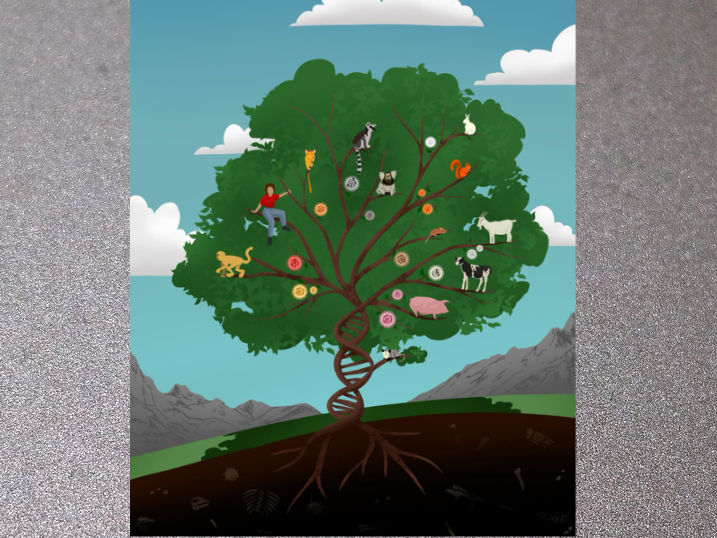Intuition and failure as valuable ingredients in chemical research
Methodology to collect lessons learned from partially failed trials and incorrect hypotheses
Researchers from the lab of NCCR MARVEL's deputy director Berend Smit and colleagues have developed a methodology for collecting the lessons learned from partially failed trials and incorrect hypotheses -- the experiments that didn't work.

Free-photo; pixabay.com; CC0
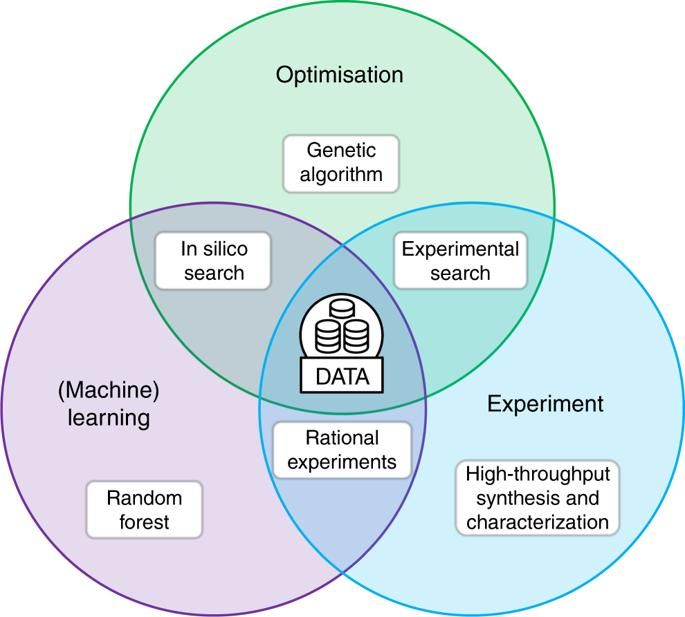
Graphic showing how the three components of the framework - synthesis, optimization, and machine learning - interact.
Seyed Mohamad Moosavi, Arunraj Chidambaram, Leopold Talirz, Maciej Haranczyk, Kyriakos C. Stylianou & Berend Smit

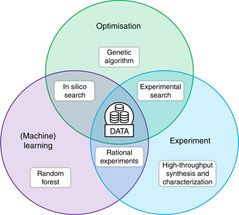
The researchers used machine learning to capture chemical intuition -- which they defined as the collection of unwritten guidelines chemists use to find the right synthesis conditions -- from a set of (partially) failed attempts to synthesize a metal-organic framework.
Since these experiments are usually unreported, they reconstructed a typical track of failed experiments in the successful search for the optimal synthesis conditions for yielding a certain MOF with the highest surface area reported to date. They go on to show how important quantifying this chemical intuition is in the synthesis of novel materials.
Original publication
Other news from the department science

Get the life science industry in your inbox
By submitting this form you agree that LUMITOS AG will send you the newsletter(s) selected above by email. Your data will not be passed on to third parties. Your data will be stored and processed in accordance with our data protection regulations. LUMITOS may contact you by email for the purpose of advertising or market and opinion surveys. You can revoke your consent at any time without giving reasons to LUMITOS AG, Ernst-Augustin-Str. 2, 12489 Berlin, Germany or by e-mail at revoke@lumitos.com with effect for the future. In addition, each email contains a link to unsubscribe from the corresponding newsletter.
Most read news
More news from our other portals
Last viewed contents
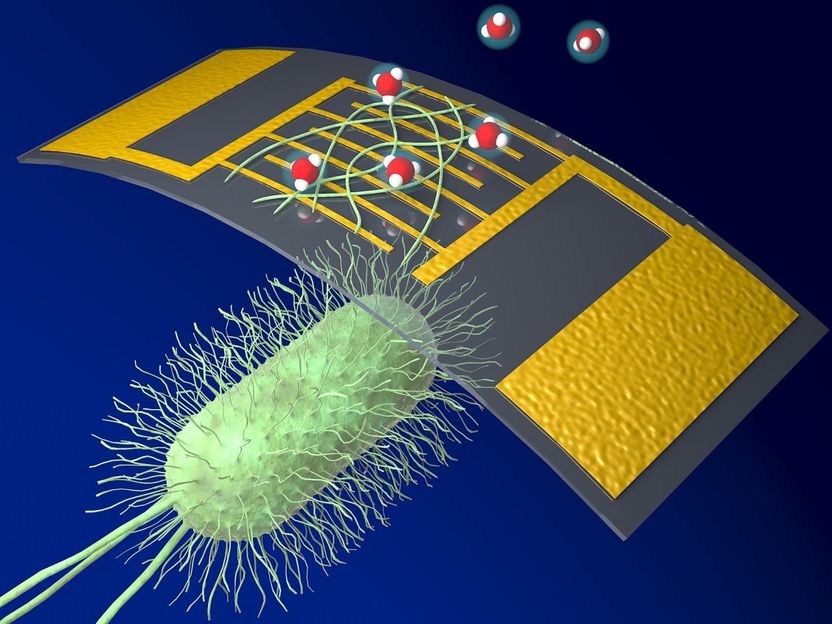
A new, highly sensitive chemical sensor uses protein nanowires - UMass Amherst team introduces high-performing 'green' electronic sensor
Category:Shoulder_surgery
Haemochromatosis
Agriculture_and_Agri-Food_Canada

Aignostics secures $34 million Series B to improve precision medicine with AI - Investments will support new product offerings, US expansion, and development of pathology foundation models
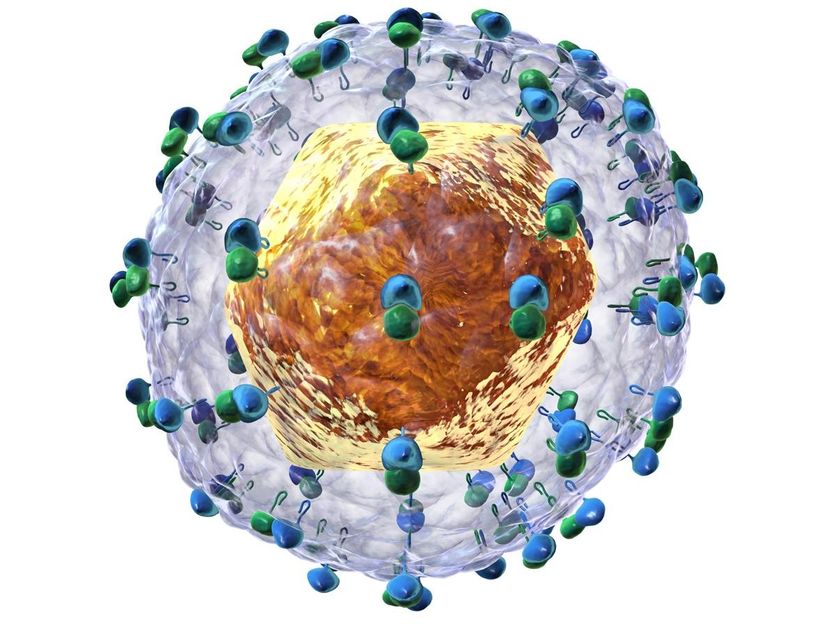
Novel hepatitis C virus inhibitory molecules by in vitro evolution - This work could contribute to the development of new biosensors and diagnostic systems for hepatitis C
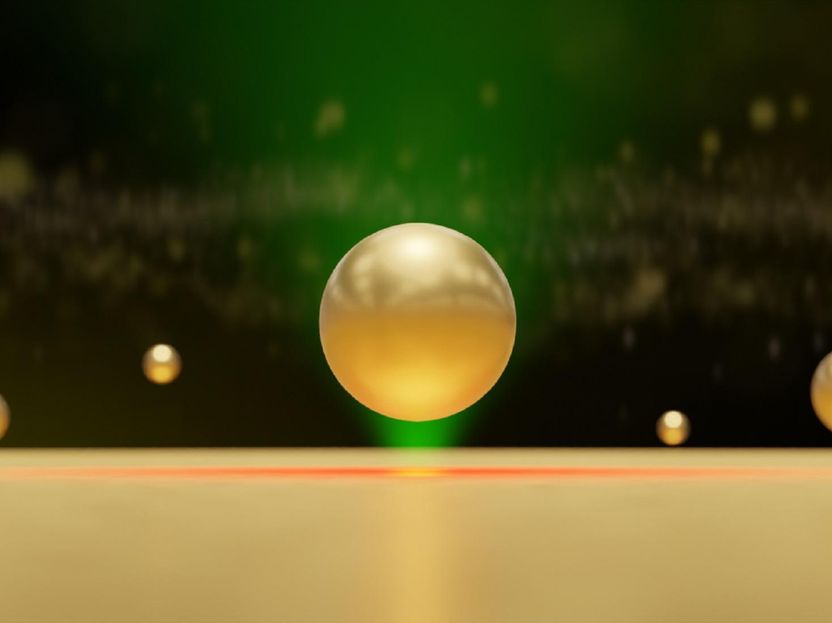
Scientists develop new thermofluidic process for lab-on-a-chip applications - This will unlock groundbreaking solutions for nanotechnology, the manipulation of liquids in systems in tiny spaces, or in the field of diagnostics
Capsule_(pharmacy)
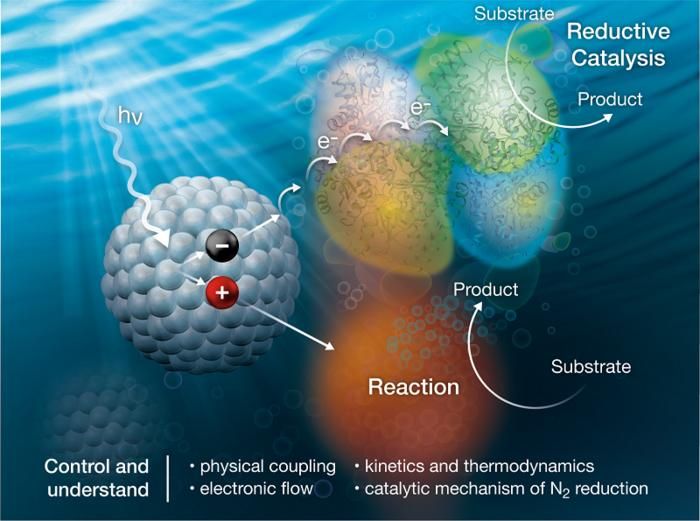
Powering enzymes with light to make ammonia - Scientists examine how molecular systems made of nanocrystals and proteins support the production of ammonia using light.
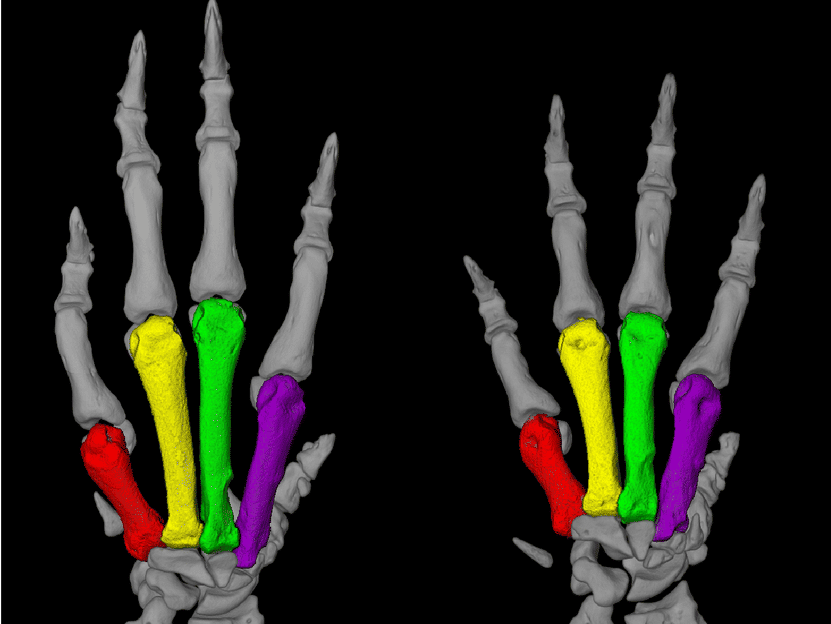
Overactive enzyme causes hereditary hypertension - Hope for new and more effective therapeutic approaches for hypertension
